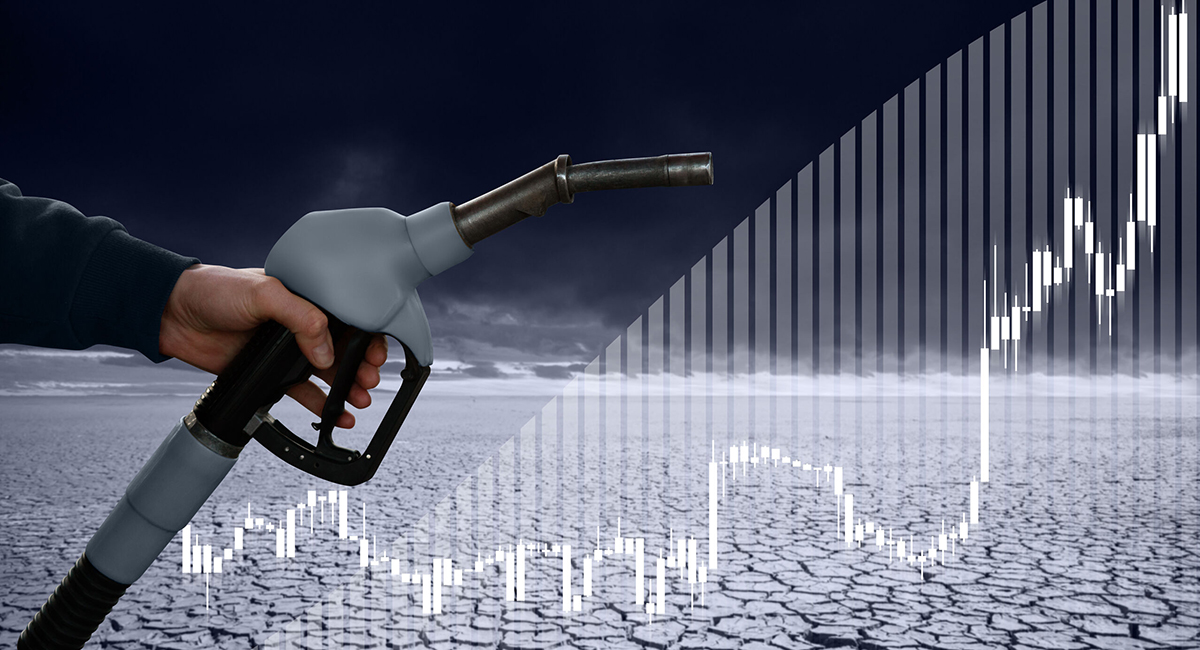President Joe Biden has an energy problem. He lambasts oil and gas companies as “war profiteers” and has threatened a windfall tax on their “record profits.” It’s true that earnings are up, but we don’t have to embrace the bogeyman of corporate greed as an explanation. Instead, the culprit is basic economics, amplified by the harmful consequences of the president’s regulatory agenda. His proposed windfall tax on oil-company profits will only make the situation worse.
Biden’s approach to energy makes production and distribution more difficult. The U.S. economy is producing millions fewer of barrels of oil per day than it did during the 2017–2020 boom. This decreased U.S. production is not caused by the war in Ukraine. U.S. policy decisions make oil and gas quantities lower and prices higher than they otherwise would be. Domestic production lags because companies can’t risk new investments floundering on the administration’s costly climate policies. As a result, oil prices are 40 percent higher now than they were in January 2021.
Simple economics explains energy companies’ high profits. In the oil industry, total revenues equal the price per barrel of oil times the number of barrels produced and sold. Policy-induced stagnation lowers quantities and raises prices. Here’s the key: Demand for oil isn’t very sensitive to price changes. Economists call this “inelastic demand.” With few good substitutes for fossil fuels, consumers won’t scale back much when prices rise. As a result, the price hikes outweigh the quantity drop-offs. That means more money for oil companies. Profits are downstream from market conditions, which the administration is actively harming. Supply and demand 1, Biden 0.
The president’s proposal of a windfall tax on profits would make a bad situation worse. One of the most important lessons in economics is that the burden of a tax rarely falls on those who are legally required to pay it. Instead, the tax burden is borne by the party that’s the least price sensitive. While fossil fuel consumers are not very price sensitive, domestic fossil fuel suppliers are because they can avoid a windfall profit tax by supplying markets abroad. A windfall profit tax would further decrease domestic supplies and drive prices at the pump even higher. Consumers, not corporations, would foot the bill.
The president has every reason to castigate the corporate-greed bogeyman. He can’t admit that our energy and gas wounds are self-inflicted—or, rather, inflicted by the progressive wing of the Democratic Party on the rest of the country. The party’s climate agenda necessarily drives fossil fuel prices higher. While Americans may like green policy in the abstract, the high fossil fuel prices that come with it are deeply unpopular. Hence the scapegoating: It’s political damage control.
The great economist Thomas Sowell taught us that the first lesson of economics is scarcity. That implies making trade-offs, such as bearing the burden of higher prices to transition away from fossil fuels. Sowell also observed that the first rule of politics is to disregard the first lesson of economics. That’s exactly what Biden and the progressive wing of the Democratic Party are trying to do. Going by recent public opinion polls, voters aren’t buying it.
The economics of the situation are as clear as day. If we want lower prices, we need more production. Rescinding high-handed executive orders and regulations that disincentivize new investment will increase output and, eventually, lower prices. The pen may be mightier than the sword, but political fiat cannot withstand the laws of supply and demand.













